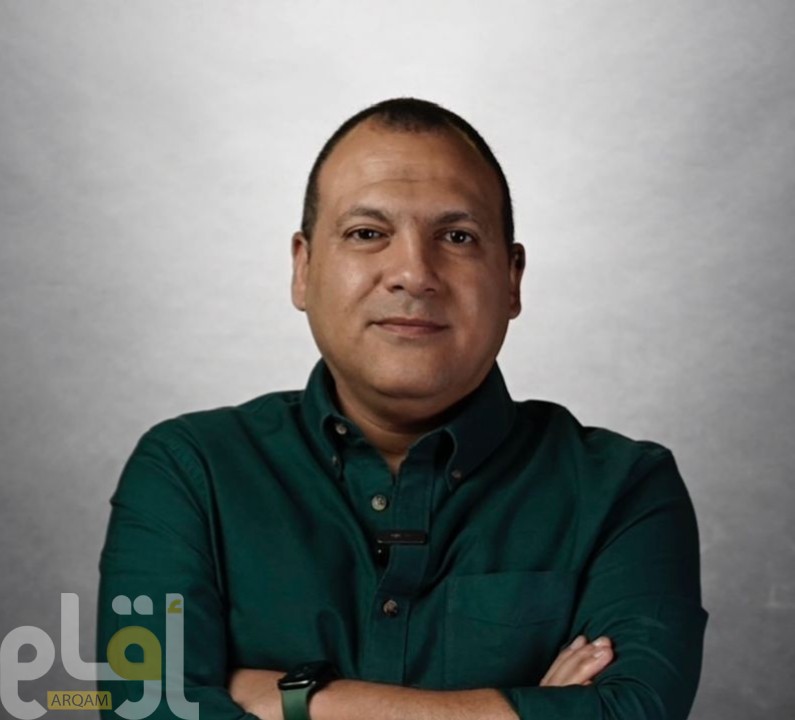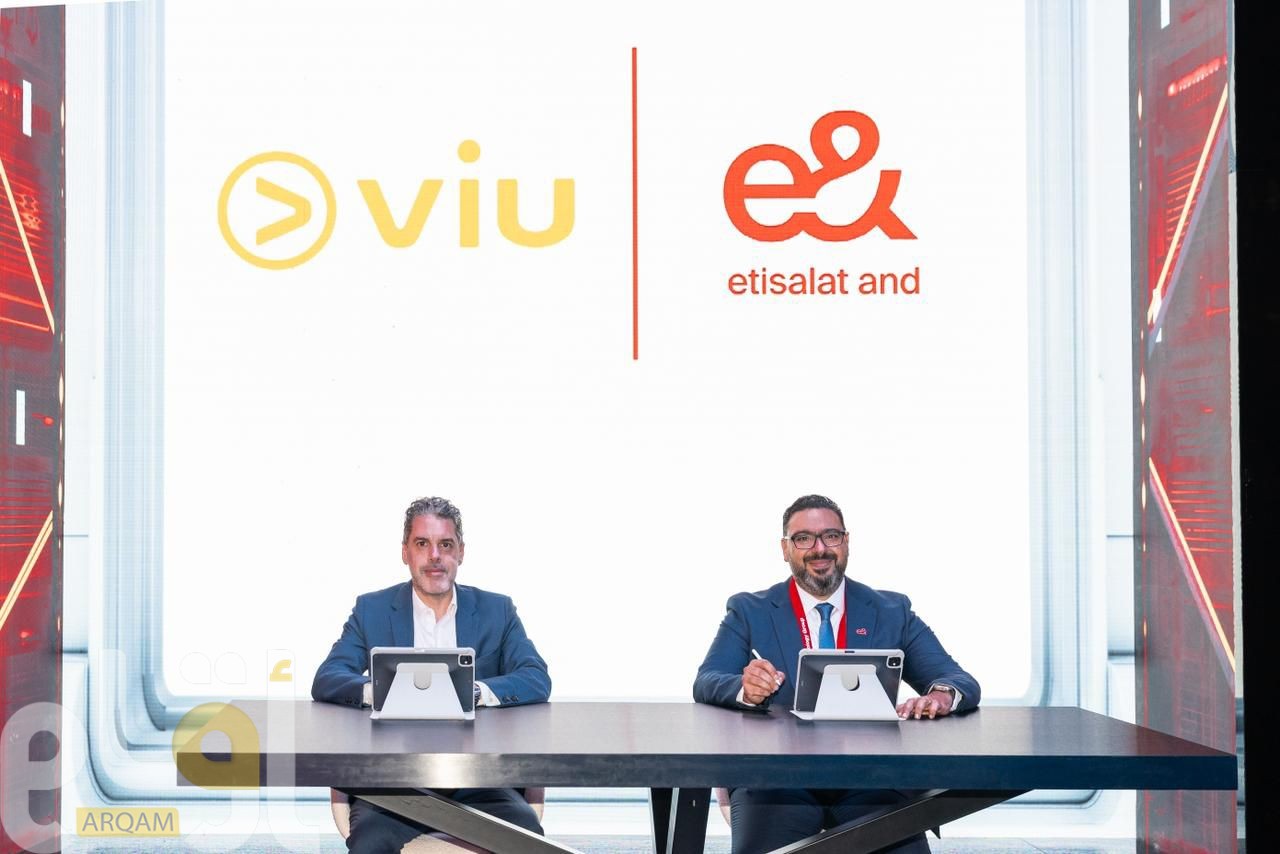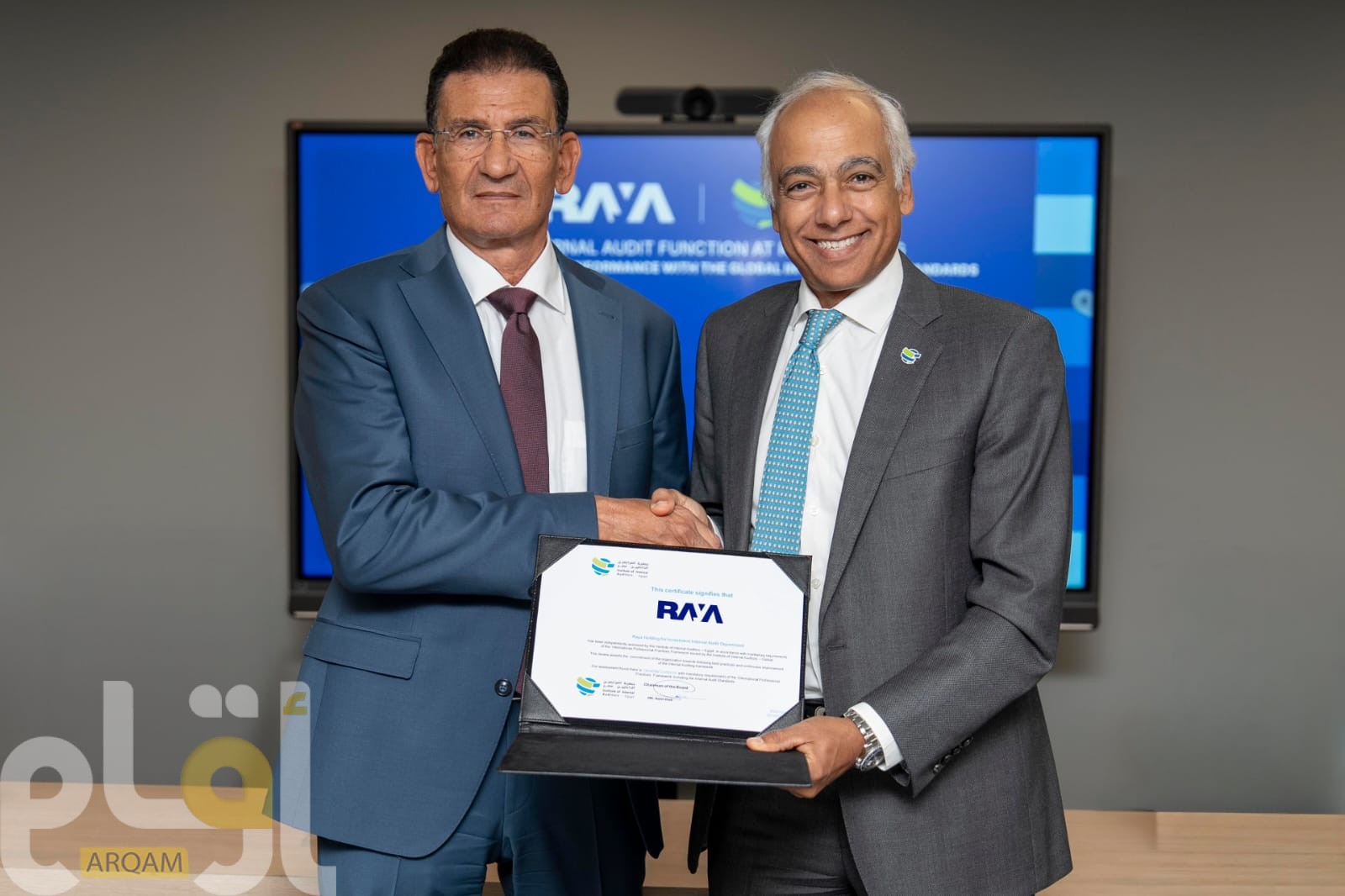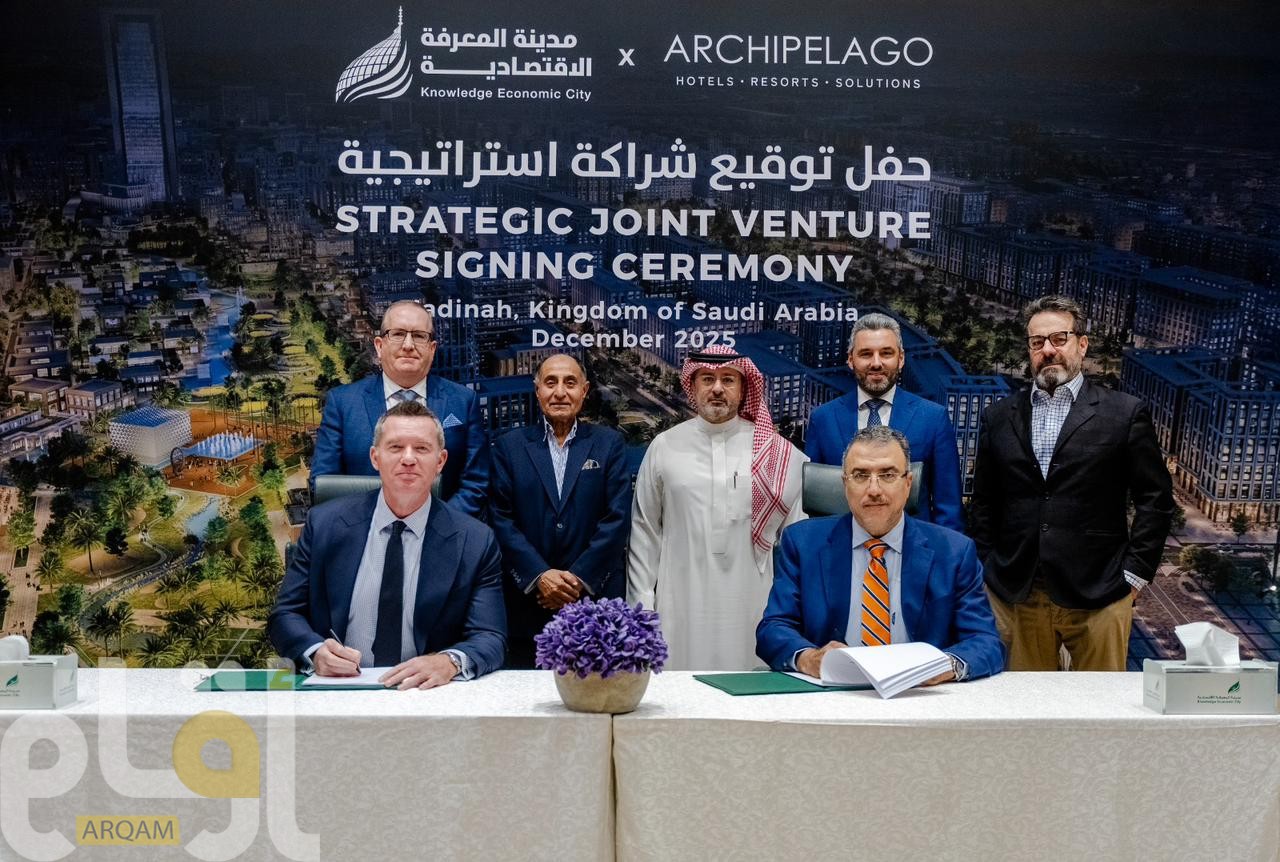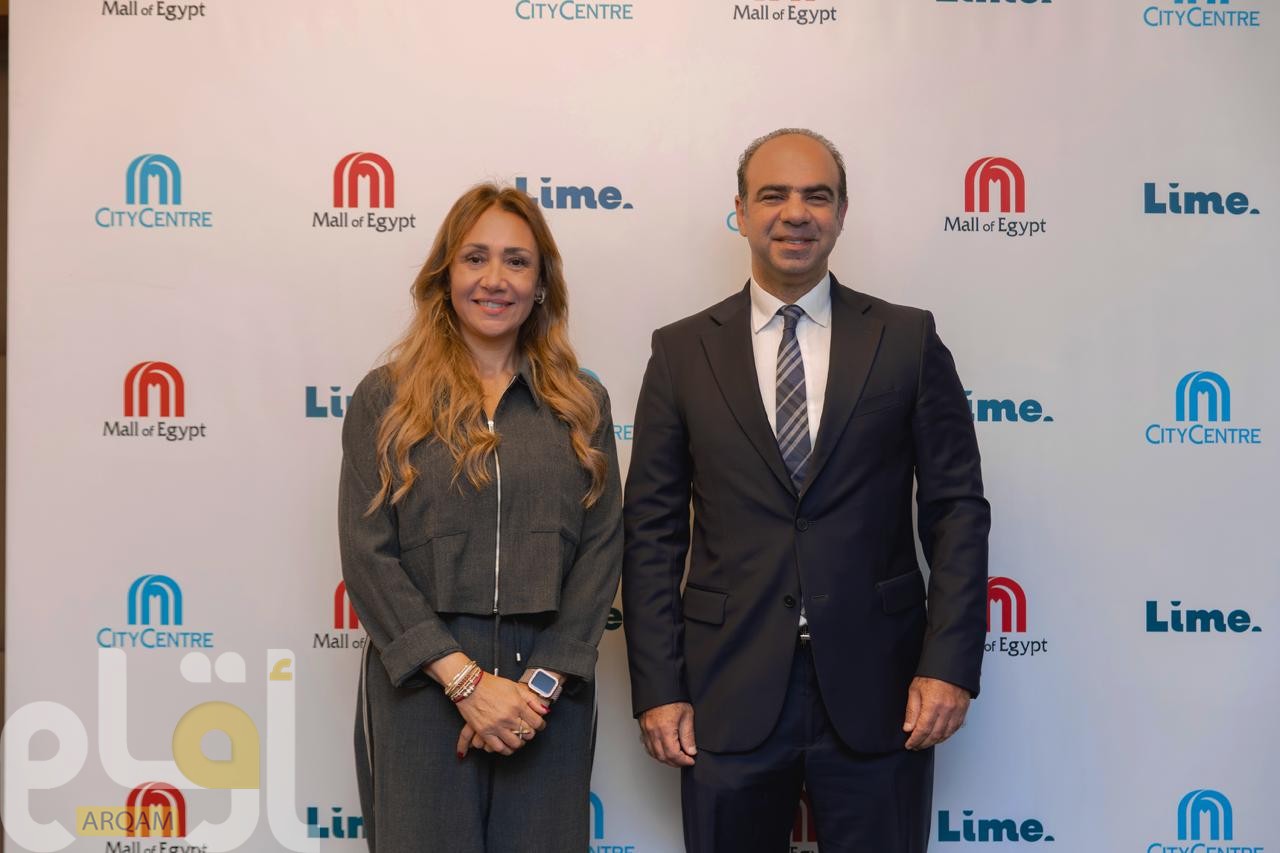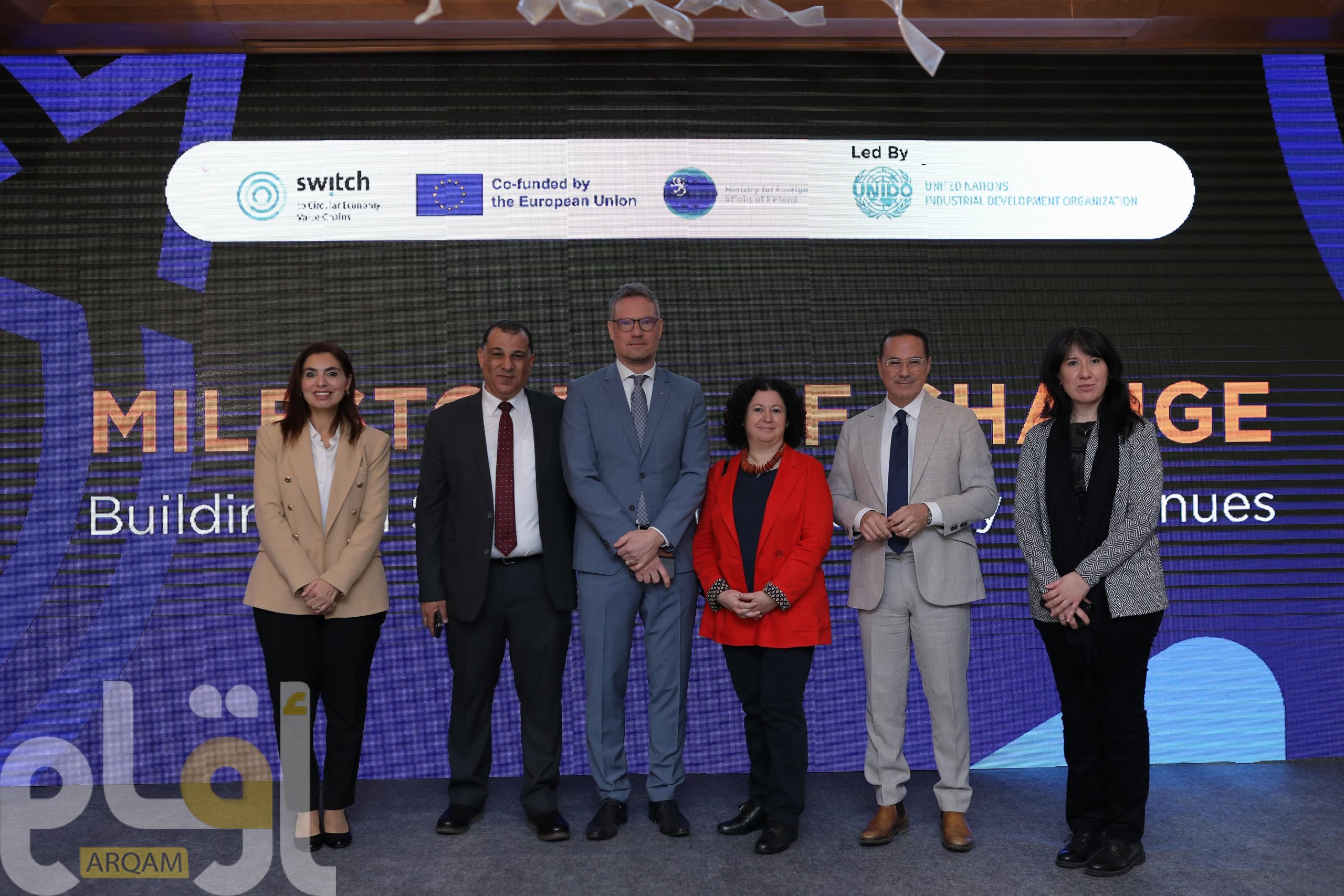In collaboration with the Horticultural Export Improvement Association (HEIA) and the Egyptian Businessmen’s Association (EBA), BASF Agricultural Solutions, a business unit of the chemical giant BASF, hosted a major event titled “A New Era for Egyptian Agriculture: The Food Security Dialogue” at the Grand Egyptian Museum in the presence His Excellency Mr. Alaa Farouk, Minister of Agriculture and Land Reclamation. The panel highlighted the potential growth of Egyptian agriculture and the opportunities it holds to advance food security and drive economic growth.
The dialogue brought together a distinguished group of agricultural leaders and experts, including Eng. Mohsen El Beltagy, Chairman of the Horticultural Export Improvement Association (HEIA); Eng. Mustafa El Naggary, Head of the Agriculture and Irrigation Committee at the Egyptian Businessmen’s Association (EBA), and Mr. Abdel Hamid El Demerdash, Chairman of the Agricultural Export Council and Member of Egyptian Parliament. Joining them was Mr. Gustavo Palerosi, Senior Vice President, BASF Agricultural Solutions EMEA & CIS —adding diversity of perspectives and depth to the discussion.
The event comes at a crucial time, with the agricultural sector serving as a cornerstone of the national economy, contributing approximately 15.6% to the GDP and acting as a key driver of economic growth and job creation. The discussion focused on Egypt’s vision for agricultural growth, including expanding land reclamation, adopting sustainable practices, and boosting productivity through smart farming, modern technologies, and innovative solutions. It also highlighted the importance of applying global quality standards to achieve food security and strengthen the competitiveness of Egyptian products. From the panelists’ perspective, the future of agriculture in Egypt must be farmer-centric, making the sector engaging for farmers while empowering them as key partners in the path of development.
During the session, H.E. Alaa Farouk, Minister of Agriculture and Land Reclamation, affirmed that the state is adopting a comprehensive strategy aimed at striking a balance between meeting food security needs and enhancing competitiveness in global markets. He highlighted the government’s efforts to support Egyptian farmers through modern technologies and continuous training, while also working to open new markets for Egyptian products and backing research centers in developing crop varieties suited to local conditions.
He went on to stress the importance of fostering innovation in smart farming and applying artificial intelligence in field management. Farouk further underlined the need for a national integrated plan that links agricultural production with processing and marketing, in addition to providing tax incentives for investors and establishing a unified platform to coordinate exports.
The Minister also emphasized the value of expanding training and capacity-building programs for farmers and youth, alongside strengthening public-private partnerships in both production and marketing. He noted the importance of establishing Egyptian regional centers to transfer agricultural expertise to Africa and signing trade agreements to boost market access.
Concluding his remarks, Farouk asserted that the coming years represent a historic opportunity for Egypt to consolidate its position as a regional agricultural power and a key international player in global food security.
For his part, Mr. Gustavo Palerosi, Senior Vice President, BASF Agricultural Solutions EMEA & CIS, outlined BASF’s commitment, drawing on over 160 years of global experience and more than 70 years in the Egyptian market. He stated that modern technologies and smart solutions can create a significant leap in agricultural productivity, and the company is dedicated to integrating innovation and sustainability to support Egyptian farmers and elevate crop quality to international standards.
In the same context, Eng. Mohsen El Beltagy, Chairman of the Horticultural Export Improvement Association (HEIA), stressed that training and capacity-building programs for farmers to use modern technologies, particularly to address the challenges facing Egyptian farmers, such as climate change, represent a cornerstone for achieving sustainable agricultural development. He explained that the association places this priority at the forefront of its agenda to ensure higher productivity and improved export quality.
In turn, Eng. Mostafa El Naggar, Chairman of the Agriculture and Irrigation Committee at the Egyptian Businessmen’s Association, highlighted that Egypt’s adoption of agrivoltaics reflects a clear vision for a more sustainable agricultural future. This dual-use approach not only maximizes land productivity but also helps in buffering against climate change impacts, reducing water and input consumption, and generating clean electricity. In addition, the cooling effect of solar panels creates a more favorable working environment for farmers. All these benefits position agrivoltaics as a key pillar of smart farming driven by modern technology, harnessing Egypt’s unique location while creating attractive and promising job opportunities in the sector.
Echoing this vision, Mr. Abdel Hamid El Demerdash, Chairman of the Agricultural Export Council and Member of Egyptian Parliament, stated that Egypt’s agricultural exports have witnessed significant growth in recent years, enhancing their global competitiveness and securing a well-established presence across numerous international markets. The country has achieved the top global ranking in orange exports, while Egyptian potatoes have continued to consolidate their position as a leading supplier to European and Asian markets. Moreover, notable progress has been recorded in the exports of other crops, including grapes, sweet potatoes, and white beans.”
The event concluded by emphasizing that the Food Security Dialogue represents a unified vision shared by government leaders, private sector pioneers, and international partners to advance Egypt’s agricultural sector. By integrating innovation, investment, and comprehensive solutions, this event marks a significant milestone toward achieving food security and fostering economic growth for Egypt and the region.








